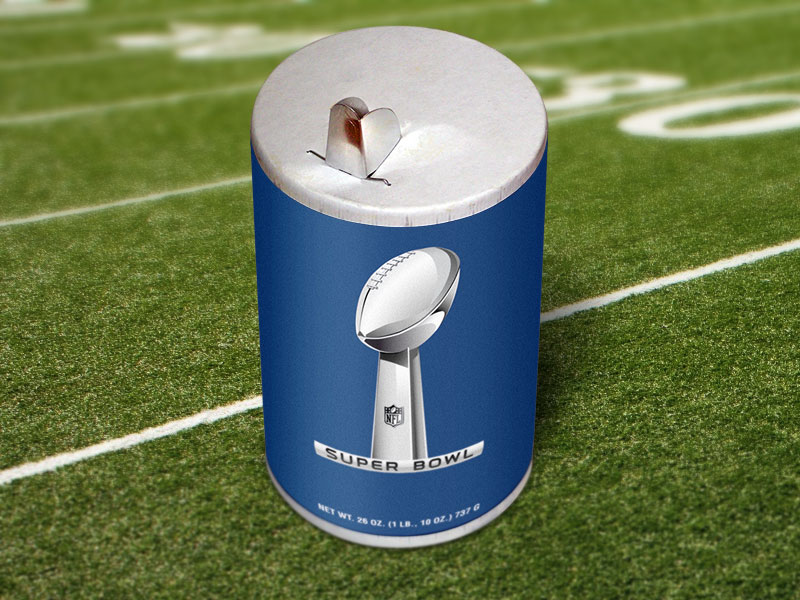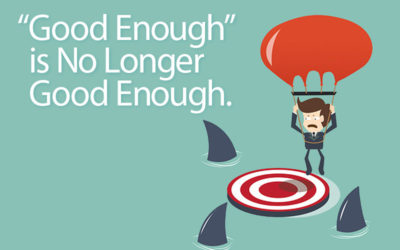Every year, the hoopla begins over Super Bowl advertising. The big money being paid for the slots … who’s going to push the envelope … which will be the most memorable … and on and on.
Yes, watching the ads is great fun. Especially to us in the industry. And some of them do set new creative trends. But, what’s the real purpose? Is it to outdo the others? To get the industry awards? The most post-game buzz?
Sometimes, we’re really not so sure.
Have we lost the purpose of advertising during this annual showcase? Isn’t it about selling?
Don’t get me wrong. We’d absolutely LOVE to be on the creative side of this work. And many of them deserve kudos for being right on the mark. But, it seems to us that, in too many cases, the strategic side takes a back seat to the creative side, with form-over-function being the result. And, while many businesses don’t go over the top in their ads, they sometimes get lost in the mix by not striking the right balance.
All the money. All the exposure. All the effort. It’s unfortunate that, in many cases, they fall short in their effectiveness.
And, let’s face it, some of those ads are pretty forgettable. (How can we get one of those accounts?)
Next year, let’s hope for a lower-sodium diet. But, we think we know better.
Related Posts
Get real.
Don’t claim to be what you’re not. Embrace what you are, what makes you great and why that should be important to your audience.
WHO are you selling to, anyway?
Price, style, features and convenience will always be important factors to closing a sale. However, there’s a lot more to promoting your business than what your goods or services mean to your direct consumers. In fact, your audience is likely much broader than you realize.
WHAT are you selling, anyway?
In order to be an effective marketer, it’s imperative that we continually remind ourselves of the true value we bring to our markets. Usually, that customer benefit is intangible. Quite often, we learn that it’s an emotional one.
“Good enough” Is no longer good enough.
Those who can harness the benefits of new technology without losing sight of the basics, like branding, creativity and targeted outreach, will be poised for greater success than those who find contentment with what they consider, “Good enough.”
A dash of humility makes a better pie.
Isolating yourself in a bubble of self-adulation might make you feel good. But, it doesn’t get you anywhere and, worse yet, it prevents you from uncovering opportunities to distinguish your business from the competition.
An act of aggression can be a good thing.
Emulating your competition projects a sense that you belong. But, ultimately, your offering will only succeed if you can effectively distinguish it from the other guys. And keep doing so.







